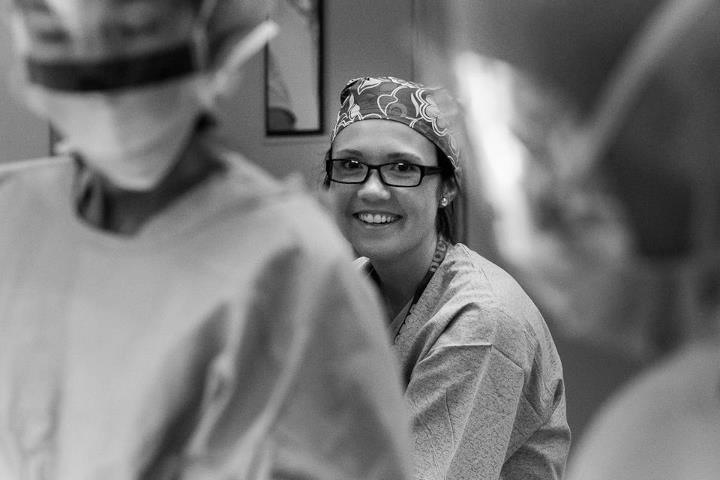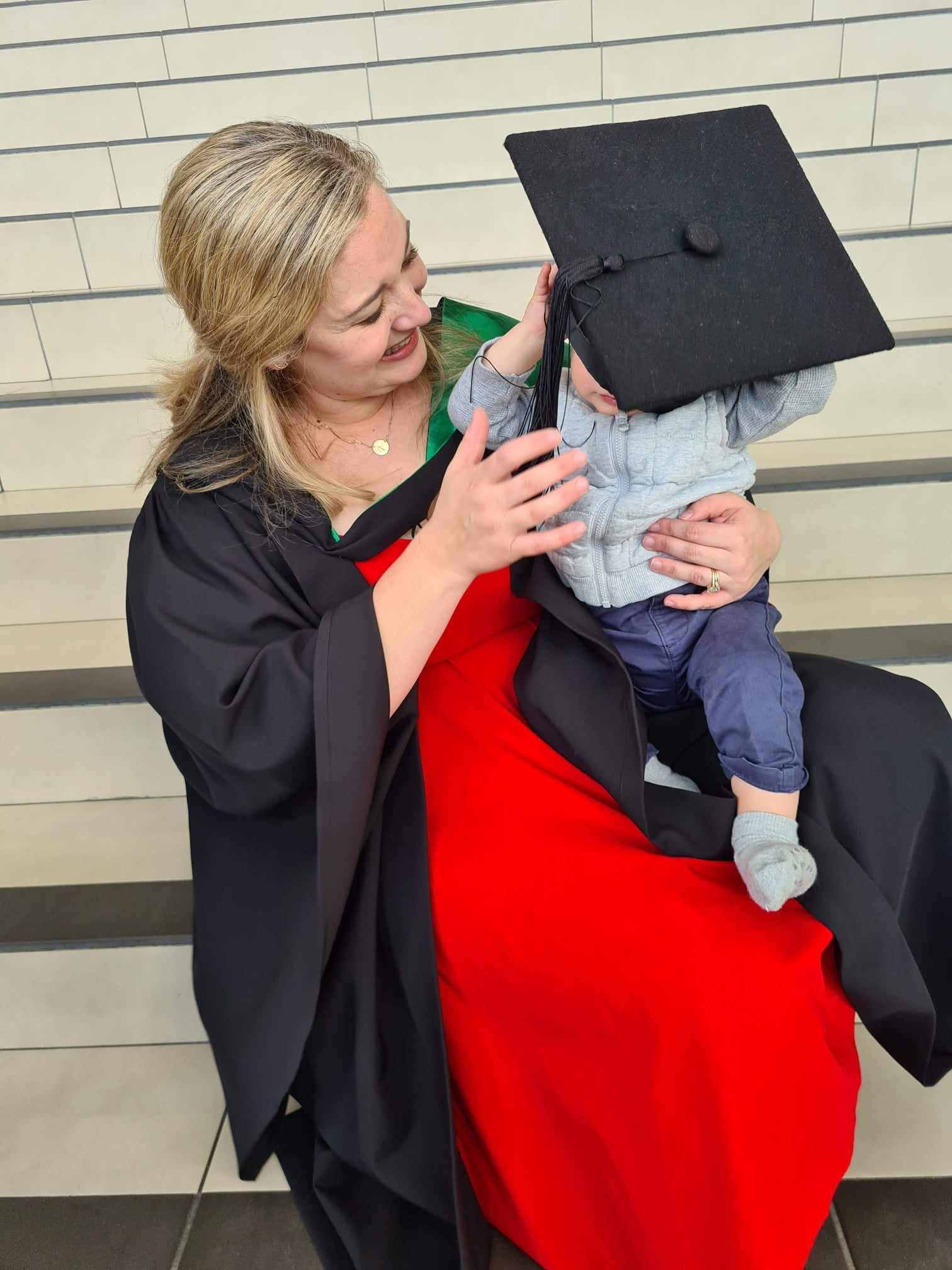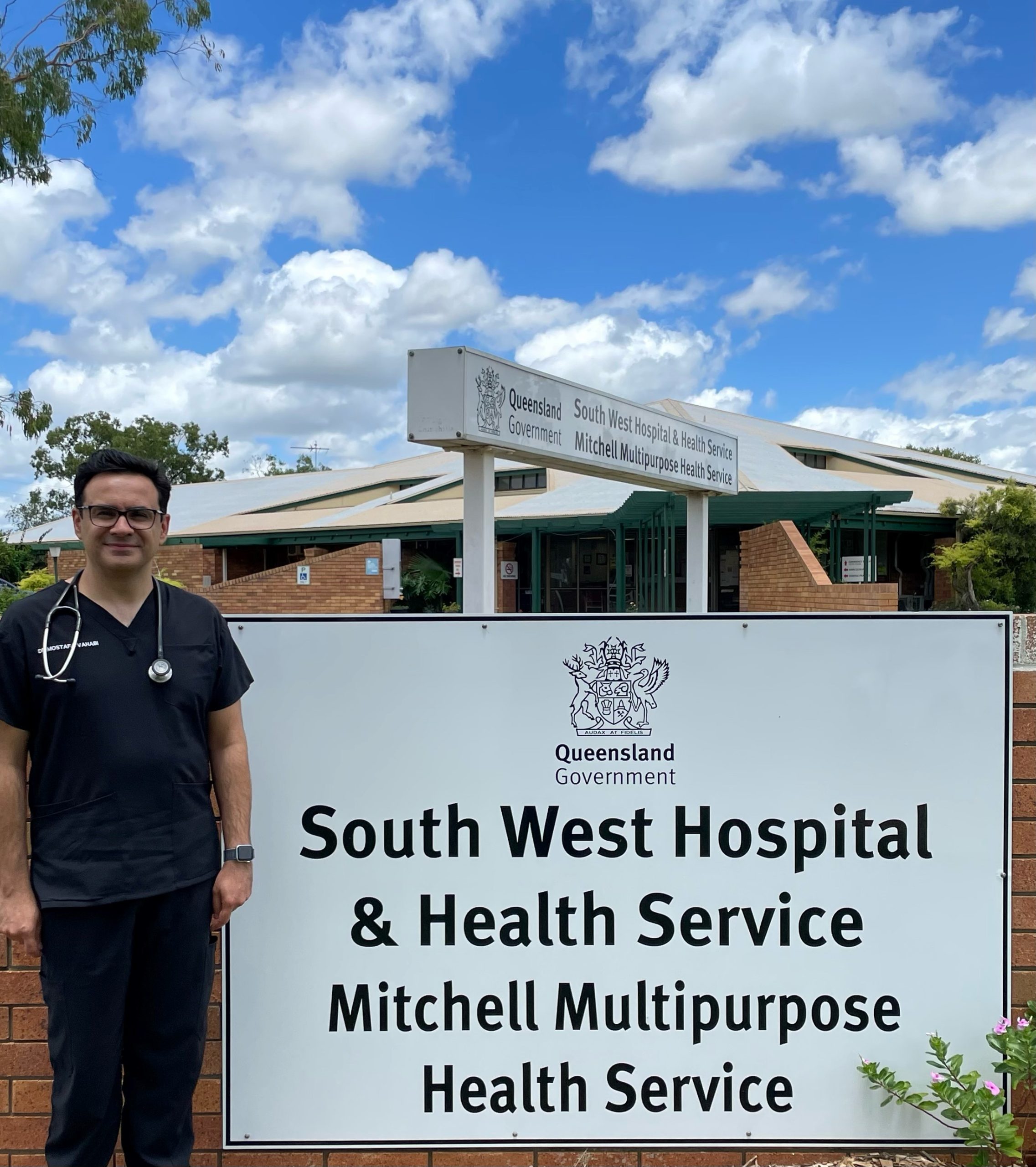You’ve found your calling and are keen to step into your first rural or remote position next year. A careful review of the QRGP vocational employment vacancy list (published annually around July), a sprinkle of networking and a few applications later, you’ve scored that all-important interview.
Rural Generalist Training Advisor, Dr Claudia Collins, shares her tips for putting your best foot forward in an interview, along with some common mistakes you’ll want to avoid.
Do your research
Find out about the Hospital and Health Service (HHS), local hospitals, General Practices, town demographics and anything else you can. Don’t come in blind; it shows when you have not taken the time to find out about your prospective region and gives the impression that you don’t really care. It’s helpful to seek out someone with a connection to the area and ask a few questions about how they find living and working in the community.
Be prepared
Think about your audience and the role you’re interviewing for. Dress appropriately and always make sure your takeaway coffee cup has a lid if you’re planning on catching some caffeine on the way.
Give yourself plenty of time to find the interview location, go to bathroom, sit and collect your thoughts and notes. Don’t be rushing. There may be some paperwork to fill out beforehand.
If it is a phone or videoconference interview, please plan ahead and take the call in a quiet space where you can sit down and concentrate all your energy on the discussion. It’s a bad idea to do an interview in the middle of a ward round or theatre list when you’ve got a hundred things going on in the background. It doesn’t help you and could leave the panel with the impression that you haven’t placed much importance on their time and this interview. Give your interview the time and space it deserves.
Structure your responses
Listen to the question and take the time to formulate your response. Focus on articulating your key points. You can absolutely ask for a question to be repeated. Maintain eye contact and keep your body language open and as relaxed as you can.
If your response to an answer is a negative, ‘i.e. no, I don’t have any experience with working on my own as the on-call doctor’, rather than leave it at that, try and rephrase your response into a positive by showing some enthusiasm and willingness to learn. For example, ‘no, I don’t have any experience with working on my own as the on-call doctor, but I’m willing to be part of a team who could help support me whilst I learn and gain confidence, with independence as my goal’.
If you are interviewing for a position that includes practising your advanced skill, have an understanding of how that skill is being utilised in the community already and how you will be contributing to the care team. For example, don’t think you’re going to provide obstetrics 80% of the time and primary care 20% of the time in any rural town; it is more likely that the percentages are the other way around!
If you are bringing a new advanced skill to the community, be prepared to articulate how you can contribute to the care team and benefit local patients with that skillset. This may mean you need to do some homework about current service delivery and how this could potentially be expanded to include your Advanced Skills Training (AST). Think about the relationships you have already developed within your AST discipline and how your links back into your tertiary referral service can improve service provision in your rural or remote community.
Question time
The types of questions you are asked usually shows where the employer’s priorities are. Healthcare is a team sport and your responses will be important for deciding if you’re a fit for their service. There will usually be questions about clinical safety and your team and organisation fit. You are applying for advancing roles with leadership responsibilities, which means thinking like a team leader; team culture, clinical governance, quality review and clinical safety underpin these position responsibilities. Showing you understand how to provide high quality, safe and standardised healthcare is critical to this shift in responsibility. Knowing how to quantitate this is key. Articulate your experience of clinical audits, RCA, M&M, Clinical Incident Management and how they have been used to improve the overall practice and function of your workplaces. Consider your examples in advance and have them ready to integrate in your responses.
When asked, ‘do you have any questions?’, please don’t open with a leave request question! You haven’t scored the job yet and it looks like you’re already planning a break from it! Instead, ask about the town, the position, how you might fit into the on-call roster and opportunities for further learning. That gives you some insight into how you might fit into the dynamic of the job, team and community. It also shows that you are interested in adding value to the service.
If you have a family, it might be a good time to ask more about schools or day-cares in the area. If you’re sporty, ask if it’s easy to join the local touch football club or if there’s a Parkrun or running club. Is there a great café that everyone goes to for their morning coffee that you should know about? If you have a special interest area in medicine, it might be a question pertaining to how you’d gain more exposure or provide that unique skillset whilst in the position. You can ask about what your own on-call roster might look like and how your additional support would improve circumstances. This shows you’re thinking about how you might fit your life into that community and make that job your own.
Honesty is the best policy
As a caveat to the above, if you are planning on taking a large amount of leave from that position and you know about this in advance, be upfront and let it be known early. For example, if you’re planning on getting married and taking a month off to do so, be upfront (and congratulations!). If your prospective employer knows about it early, they’re more likely to be able to work around it with good planning.
This is also a good time to see if the role and community is a good fit for you. If you walk away from your interview feeling it may not be the case, that’s fine. Knowing what you’re looking for in a role and community will help you decide if accepting a position offer is right for you. If you’re unsuccessful, cut yourself a slice of humble pie and ask for feedback and use the constructive criticism to make your next application stronger. Reflection is a powerful tool both professionally and personally. Use it to your advantage and learn from your mistakes and wins; what did you do well and what can you improve?
Good luck!
Dr Claudia Collins | Rural Generalist Training Advisor, QRGP







